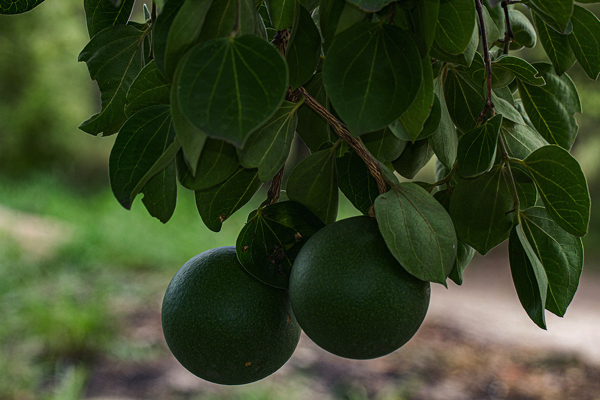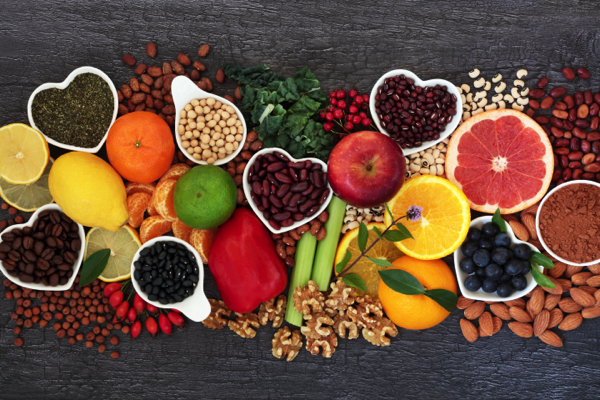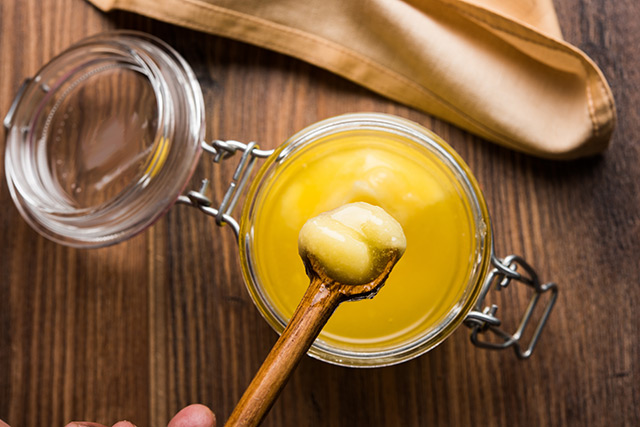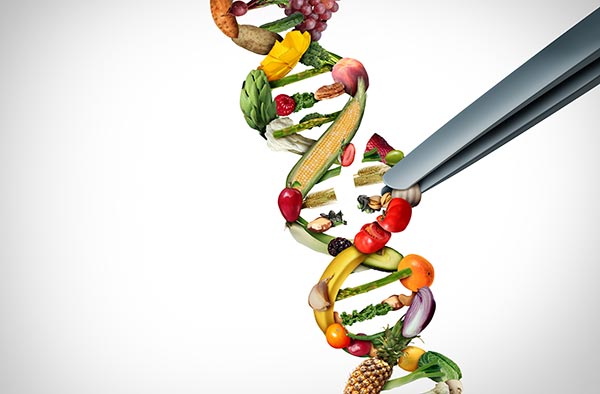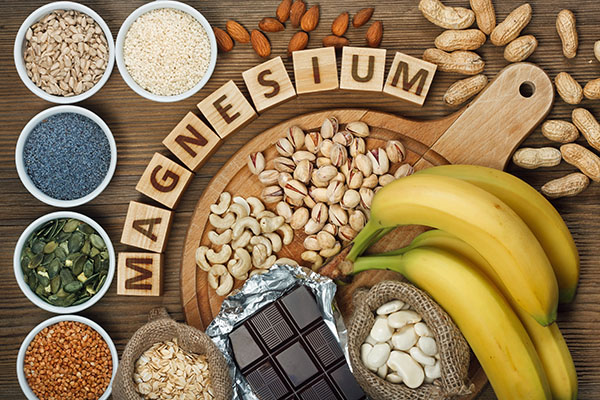The power of Aloe vera: An age-old natural medicine and superfood
05/08/2025 / By Ava Grace
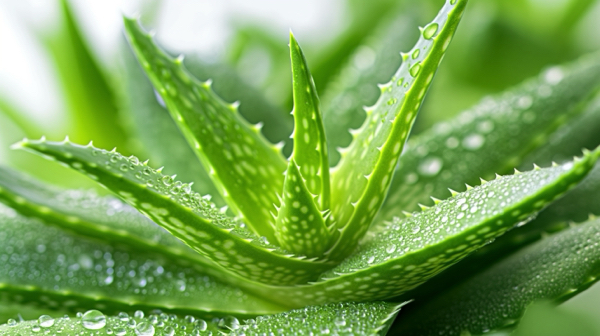
- Aloe vera has been used as medicine for millennia in ancient Egypt and Ayurveda. It was prized for its healing and beauty benefits. It later became a global commodity in the 20th century.
- Aloe vera contains over 75 bioactive compounds, including immune-boosting acemannan, digestive enzymes, vitamins, minerals and essential amino acids.
- Aloe vera can soothe digestive issues, accelerates wound healing and reduces skin inflammation. It can also help regulate blood sugar in diabetics. Additionally, it can support oral health and immune function.
- Aloe vera gained popularity in the 2000s as a wellness staple and was consumed in the form of juices, smoothies and supplements.
- It can be applied topically or ingested, though the latex should be used cautiously due to its laxative effects. Ongoing research explores its potential as an anticancer and antidiabetic agent.
Aloe vera, a spiky, gel-filled succulent, has been revered for its medicinal and nutritional properties for thousands of years. Known scientifically as Aloe barbadensis Miller, this resilient plant thrives in arid climates and is now cultivated worldwide for its health benefits. Once a staple in ancient Egyptian and Ayurvedic medicine, aloe vera has re-emerged as a modern superfood, praised for its ability to soothe, heal and nourish the body inside and out.
Brief history of aloe vera
The use of aloe vera dates back to 2,100 BCE, with records from ancient Egypt describing it as the “plant of immortality.” Cleopatra reportedly used aloe vera gel in her skincare routine, while Greek physicians like Dioscorides documented its wound-healing properties. Traders later spread aloe vera to India, China and the Americas, where it became a cornerstone of traditional medicine. (Related: 4 amazing uses for aloe vera.)
Commercial cultivation began in the 20th century, primarily in tropical regions like Mexico, the Dominican Republic, and parts of the U.S. Southwest. Today, aloe vera is a billion-dollar industry, found in everything from juices to supplements.
While aloe vera has long been used topically, it only gained recognition as an edible superfood in the late 20th century. Researchers discovered that its inner gel contains bioactive compounds with anti-inflammatory, antioxidant and immune-boosting effects. The rise of wellness trends in the 2000s further cemented its status as a must-have health supplement.
Beneficial components and health benefits
Aloe vera contains over 75 active compounds, including:
- Acemannan – A polysaccharide known for immune support
- Anthraquinones – Compounds like aloin with laxative effects
- Enzymes (e.g., amylase, lipase) – Aid digestion
- Vitamins – Provides vitamins A, C, E, B9 and B12
- Minerals – A good source of calcium, magnesium and zinc
- Amino acids – Provides seven of the 9 essential amino acids
Research suggests aloe vera can support:
- Digestive health – Soothes irritable bowel syndrome (IBS) and acid reflux
- Skin repair – Accelerates wound healing and reduces sunburn inflammation
- Blood sugar control – May lower fasting glucose in people with Type 2 diabetes
- Oral health – Fights plaque and gingivitis when in added to mouthwash
- Immune function – Acemannan stimulates white blood cell activity
Aloe vera has thick, serrated green leaves filled with a clear, slightly bitter gel. While this inner leaf gel is edible, the latex (yellow sap) should be used sparingly due to its strong laxative effect.
When consumed, aloe vera gel has a mild, watery taste with a slight tang. The gel can be added to juices and smoothies or consumed in supplement form. Many detox diets incorporate aloe water for its hydrating and anti-inflammatory properties.
In 2015, a viral trend saw health influencers blending aloe vera gel into “gut-healing” smoothies. Celebrities like Gwyneth Paltrow endorsed aloe shots, sparking a surge in demand. While some claims were exaggerated, scientific studies have confirmed its digestive benefits, reinforcing its superfood status.
Culinary uses and recipe ideas
You can incorporate aloe vera into your diet by making the following:
- Aloe vera detox juice: Blend gel with cucumber, lemon and mint.
- Aloe smoothie bowl: Mix gel with mango, coconut water and chia seeds.
- Aloe vera salad dressing: Whisk gel with olive oil, lime and honey.
- Aloe vera ice cubes: Freeze aloe vera gel for cooling drinks.
- Aloe-infused water: Soak aloe vera gel cubes in water with berries.
Aloe vera bridges ancient wisdom and modern science. Its versatility — from skincare to digestion — makes it a rare plant that benefits nearly every system in the body. With ongoing research into its anticancer and antidiabetic potential, aloe vera’s legacy as a healing superfood is far from over.
This story is not medical advice and is not intended to treat or cure any disease. Always consult with a qualified naturopathic physician for personalized advice about your specific health situation or concern.
For more fascinating insights into superfoods and their natural wonders, visit NaturalNews.com. It’s a treasure trove of articles that will deepen your understanding of the healing power of food.
If you’re into cutting-edge technology with a health twist, try Brighteon.ai. Created by Mike Adams, the Health Ranger, this AI model is a free download that you can run on your own device. It’s all about sharing knowledge freely and bypassing the filters of censorship.
And if you’re looking for a place to openly discuss everything from nutrition to natural remedies without any holds barred, Brighteon.com is your go-to spot. Don’t forget to check out our free speech social media platforms, Brighteon.IO and Brighteon.social, where the conversation is always lively and uncensored.
Watch the video below to discover the many benefits of aloe vera.
This video is from the Holistic Herbalist channel on Brighteon.com.
More related stories:
Aloe Vera: The Miraculous Natural Healer.
Aloe vera: a holistic staple throughout history.
Truly a superfood: Aloe vera treats constipation.
Can aloe vera prevent and cure cancer?.
Sources include:
Submit a correction >>
Tagged Under:
aloe vera, alternative medicine, food cures, food is medicine, functional food, herbal medicine, Herbs, ingredients, natural cures, natural health, natural medicine, Naturopathy, nutrients, organics, phytonutrients, plant medicine, remedies
This article may contain statements that reflect the opinion of the author








